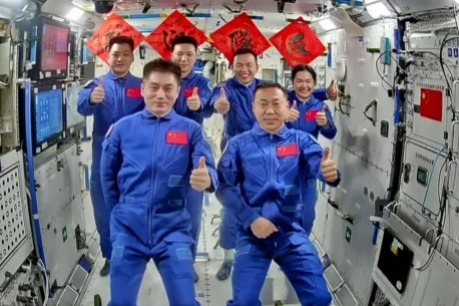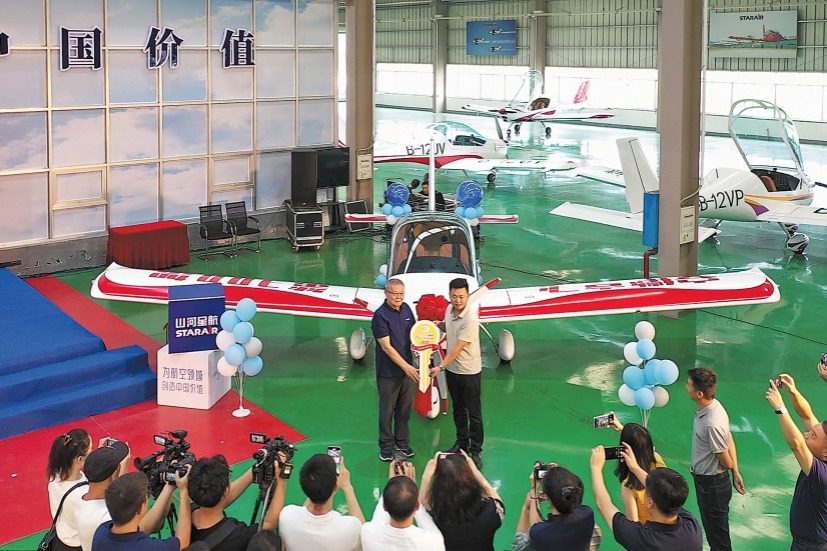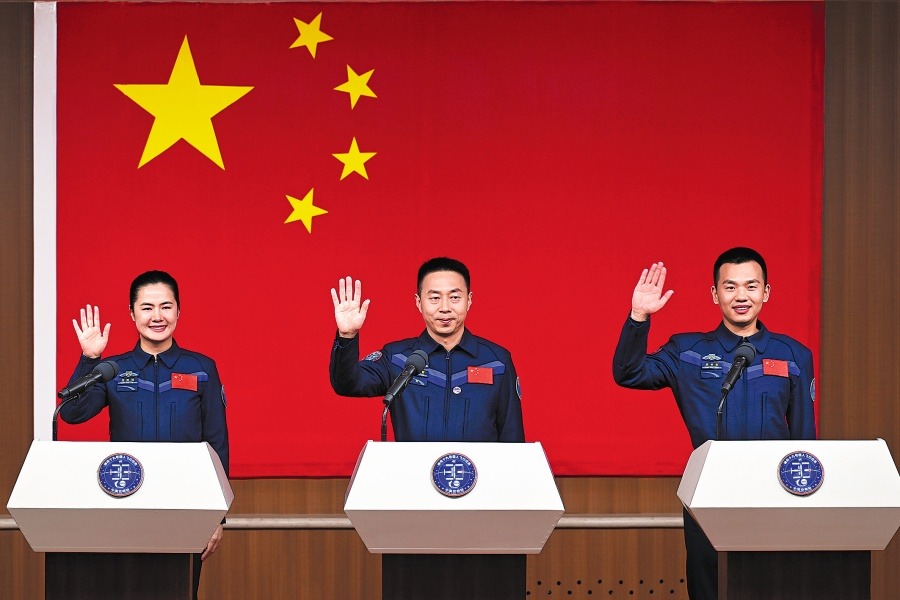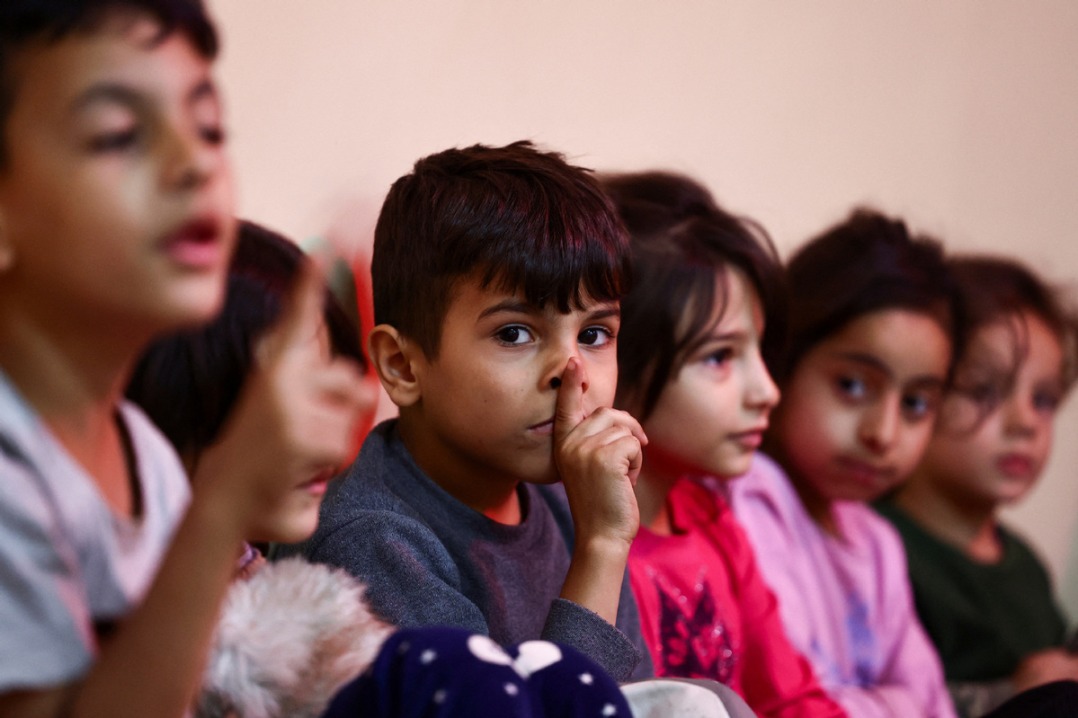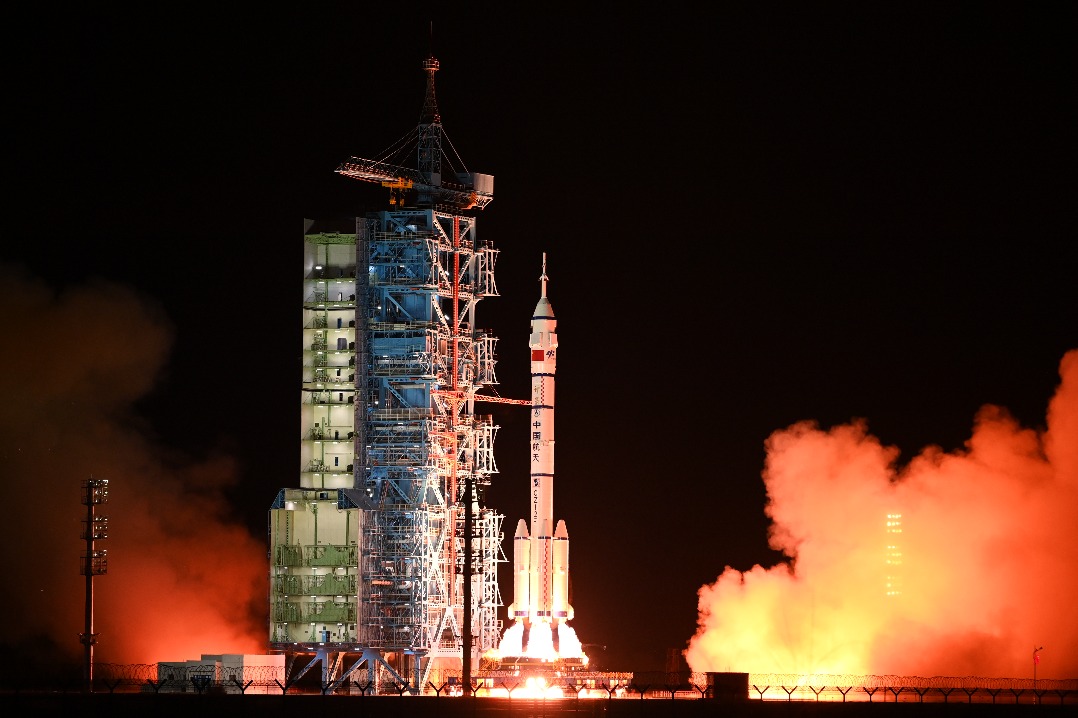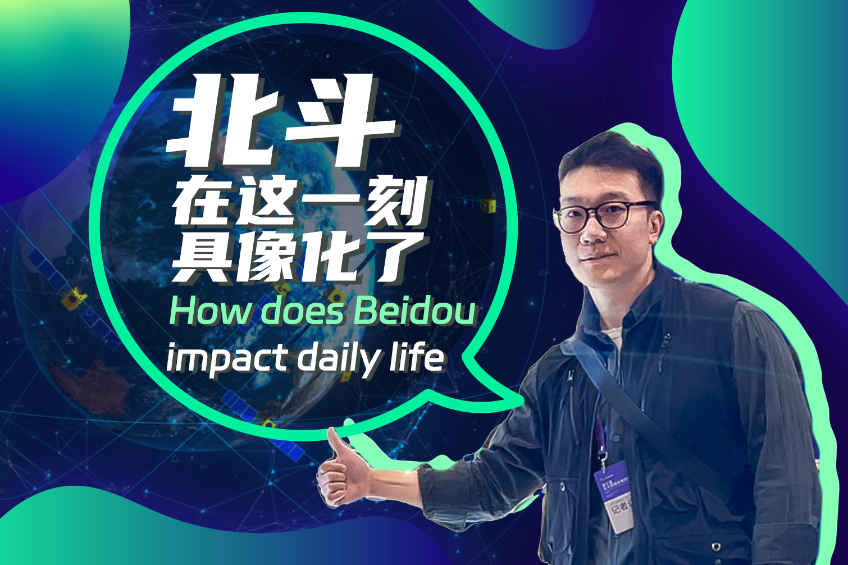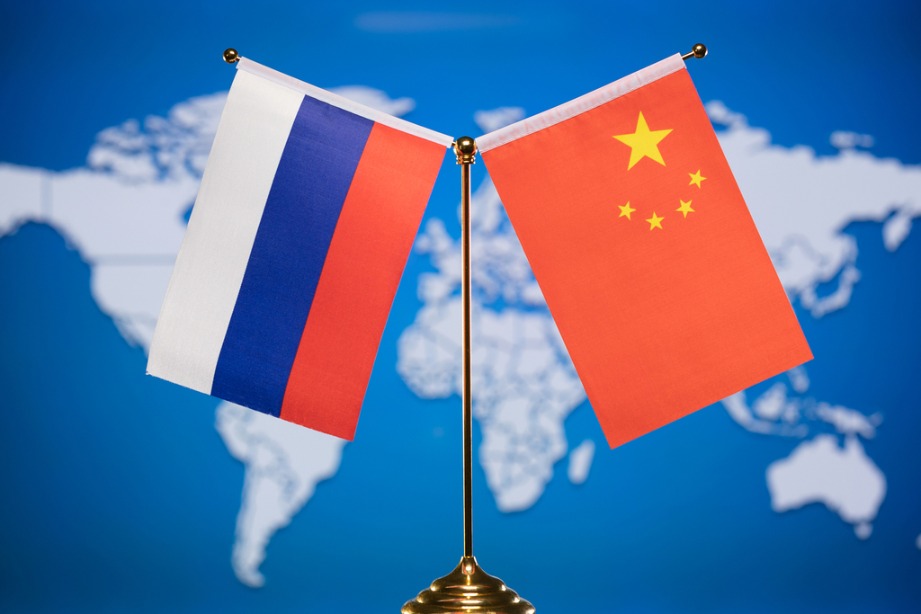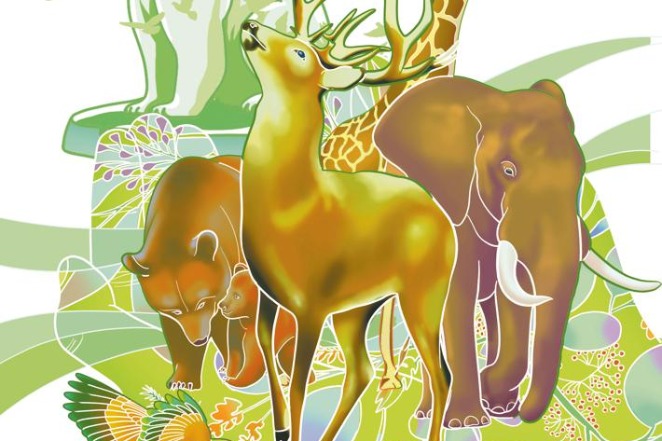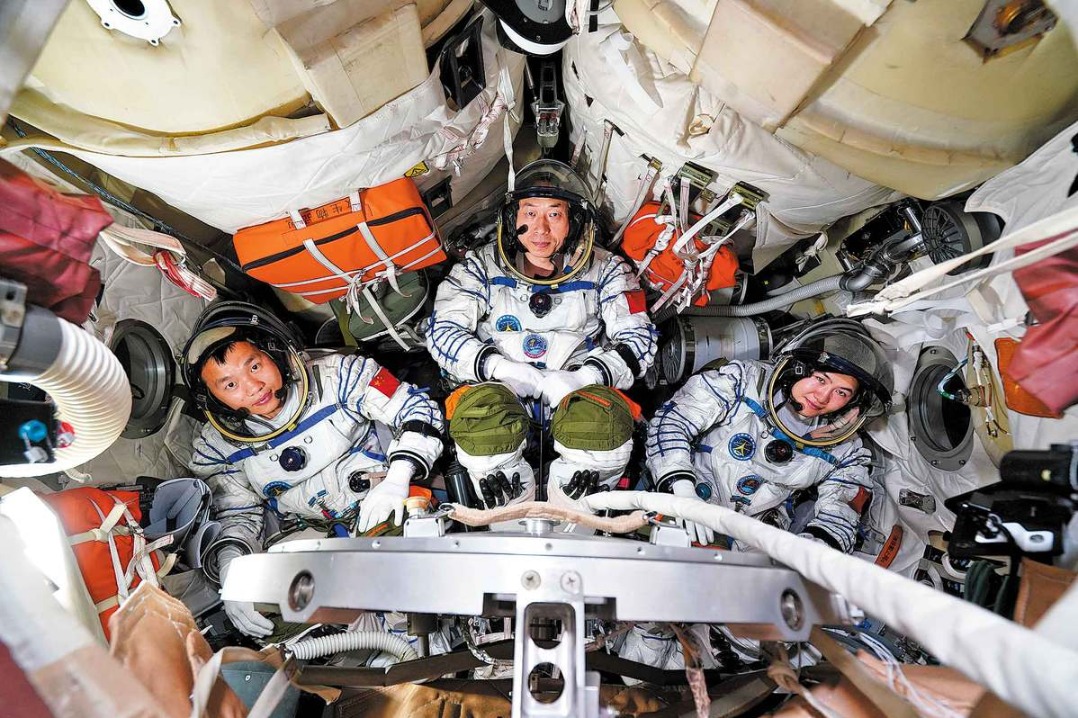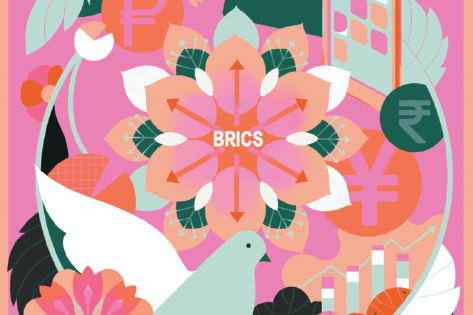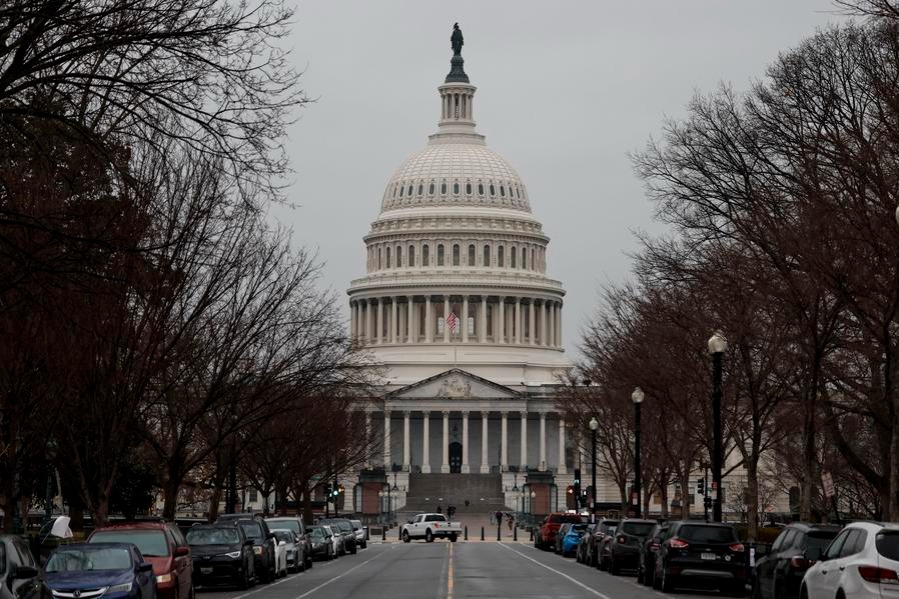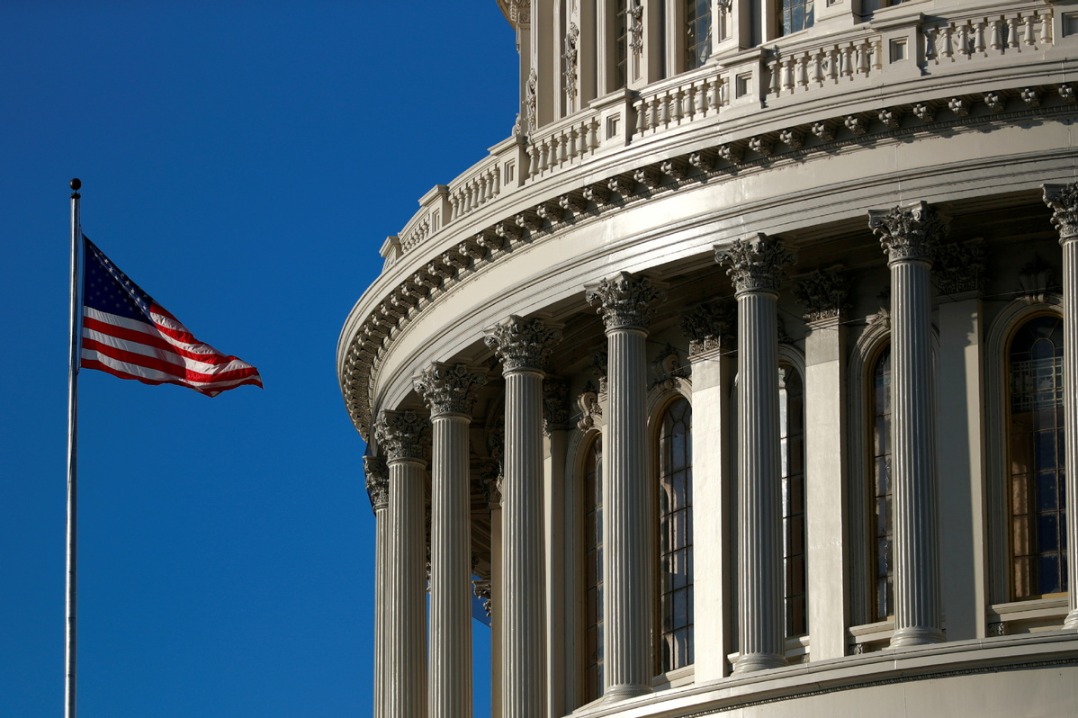An old tradition marks China's firm devotion to stronger partnership with Africa

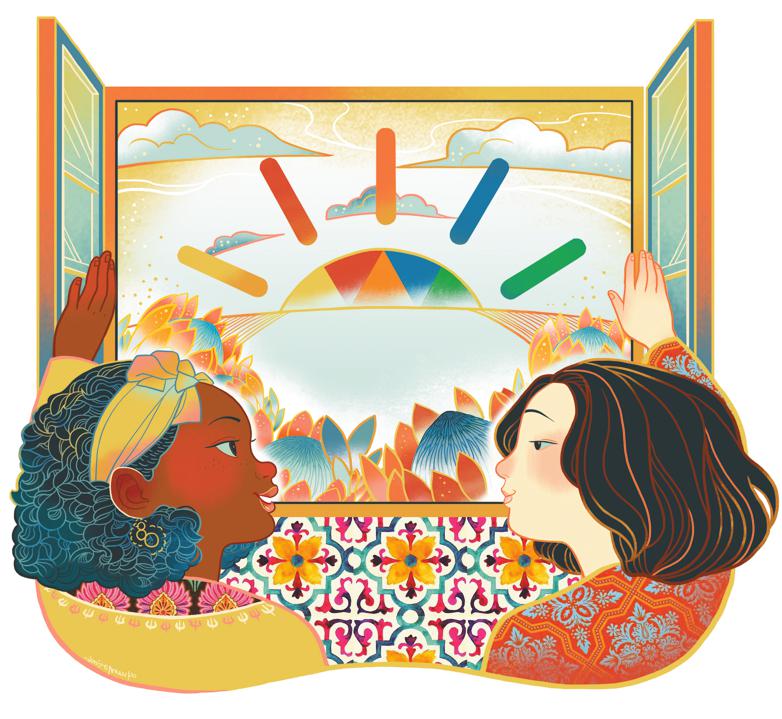
Chinese State Councilor and Foreign Minister Wang Yi is set to visit three African countries, namely Eritrea, Kenya and Comoros beginning Tuesday, continuing a diplomatic tradition marking 32 years of Chinese foreign ministers choosing Africa as their first overseas destination when a new year starts.
Coming just over a month after the conclusion of the Eighth Ministerial Conference of the Forum on China-Africa Cooperation (FOCAC) held in Dakar, Senegal, Wang's visit is emblematic of the great importance China attaches to its African partners and represents Beijing's firm devotion to building a China-Africa community with a shared future in the new era.
As "brothers" who have stood together through times of adversity and forged an unbreakable fraternity in their struggle against imperialism and colonialism, China and Africa have always lent each other understanding and support.
About 50 years ago, countries in Africa played a key role in helping China restore its lawful seat in the United Nations. In the ensuing decades, the two sides have expanded ties across a range of domains especially since the inception of FOCAC in 2000.
China has been Africa's largest trading partner for more than a dozen years. Under the Belt and Road Initiative (BRI), the two sides have multiplied their efforts to cooperate. Fifty-two African countries and the African Union Commission have so far signed cooperation agreements with China.
China's success in achieving rapid development has provided inspiration for Africa's own socio-economic transformation. China has also offered mutually beneficial assistance to Africa while many Western countries still insist on conditional aid to the continent.
Infrastructure is an important facet of China-Africa cooperation. According to official data, since the founding of FOCAC, Chinese companies have helped Africa build and upgrade more than 10,000 km of railways, nearly 100,000 km of highways, nearly 1,000 bridges and 100 ports, and 66,000 km of power transmission and distribution.
Pressing challenges like the COVID-19 pandemic have tested and reinforced the relationship. While many Western countries were scrambling to hoard vaccines despite a mounting death toll in under-developed countries, China has extended a helping hand.
Having already provided nearly 200 million vaccine doses, China recently announced it will provide another one billion doses to Africa, including donations of 600 million jabs and another 400 million doses to be provided through such means as joint vaccine production between Chinese companies and relevant African countries.
The raging pandemic has created an even more resilient friendship between China and Africa. Just as Chinese President Xi Jinping said at the opening ceremony of the FOCAC's Eighth Ministerial Conference, "together, we have written a splendid chapter of mutual assistance amidst complex changes, and set a shining example for building a new type of international relations."
China and Africa are ushering in a new historic period in relations. At the ministerial conference, China and its African partners released the China-Africa Cooperation Vision 2035, taking a solid step forward in building a China-Africa community with a shared future in the new era.
China is the largest developing country, and Africa is the continent with the largest number of developing countries. As fellow developing countries, China and African countries are faced with common task of safeguarding sovereignty, opposing hegemony and achieving development.
To push for more progress in building this community and strengthen their traditional bond in the new era, both China and Africa need to work anew to combat COVID-19 in solidarity, promote green development and uphold equality and justice on the world stage.
In a world still mired in recurrent crises and fraught with uncertainties, China and Africa, as good, old and true friends, have ample reasons to hold each other's hands even more tightly, to promote the welfare of their own peoples, and play their roles in building a better world for all.
















